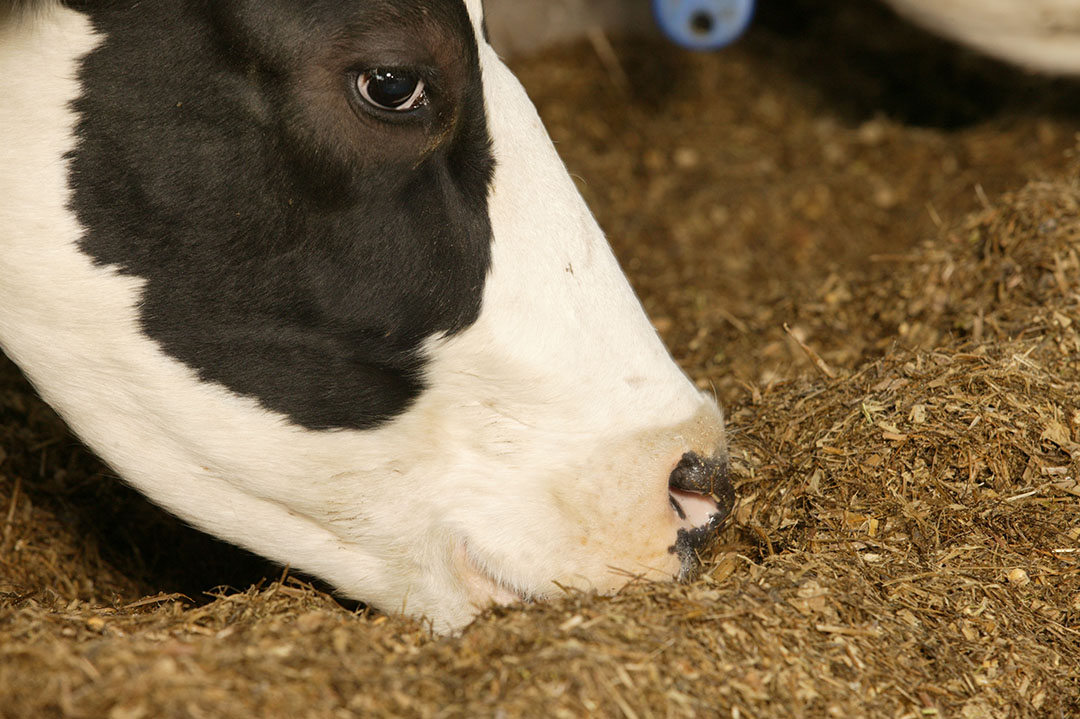Tajikistan exempts feed imports from VAT and custom duties

The government of Tajikistan has temporary abandoned import duties on feed and exempted all feed on the domestic market from value added tax (VAT), Negmatullo Hikmatullozod, the Economy Development Minister said, during a press-conference in Dushanbe.
The measure came into effect from 1 August 2019 and was introduced for an indefinite period of time, since the country needs to constrain the continuing increase in prices on the domestic meat market, Hikmatullozod said.
Food crisis
Tajikistan, a small post-Soviet republic in Middle Asia with the population of just below 9 million, has been experiencing an acute food crisis for several months with the constant increase in prices for red meat. During the first 2 weeks of August alone the average price for beef and lamb in the country jumped by 40%.
Red meat no long affordable
The price of beef reached the unprecedented TJS65 (€ 6.10) per kg on the eve of the Muslim holiday Kurban Bayram, celebration of which is marked with the increased demand for meat and live animals. The minimal wage in Tajikistan is TJS400 (€ 37) per month. In some particular regions, the price for red meat is by 70% higher than the same time last year. The local news outlet Ozodi reported that red meat is no longer affordable for up to 80% of the Tajikistan citizens. There are several preconditions for the increase in meat prices on the domestic market, Hikmatullozod said. There are 2 million heads of cattle and 5 million heads of sheep in Tajikistan, both figures have been seen declining over the past few years. In addition, a strong increase in prices for animal feed is one of the reasons to blame for the price hike, he added.
Increase in feed prices
There is no official statistical information about feed production in Tajikistan, but the government agencies believe feed is in short supply now. An analysis conducted by the Tajikistan government showed that it was impossible to constrain the increase in the prices exclusively with the country’s internal resources, a spokesperson for the government told Ozodi. In this regard, the decision to exempt feed importers and producers from the payment of some taxes have been made. The government has also abolished import duty on live cattle and sheep.
In previous years the Tajikistan government applied state price adjustments and this is believed to be one of the reasons behind the crisis in the meat market. This policy discouraged farmers from expanding their business and hampered meat production.











